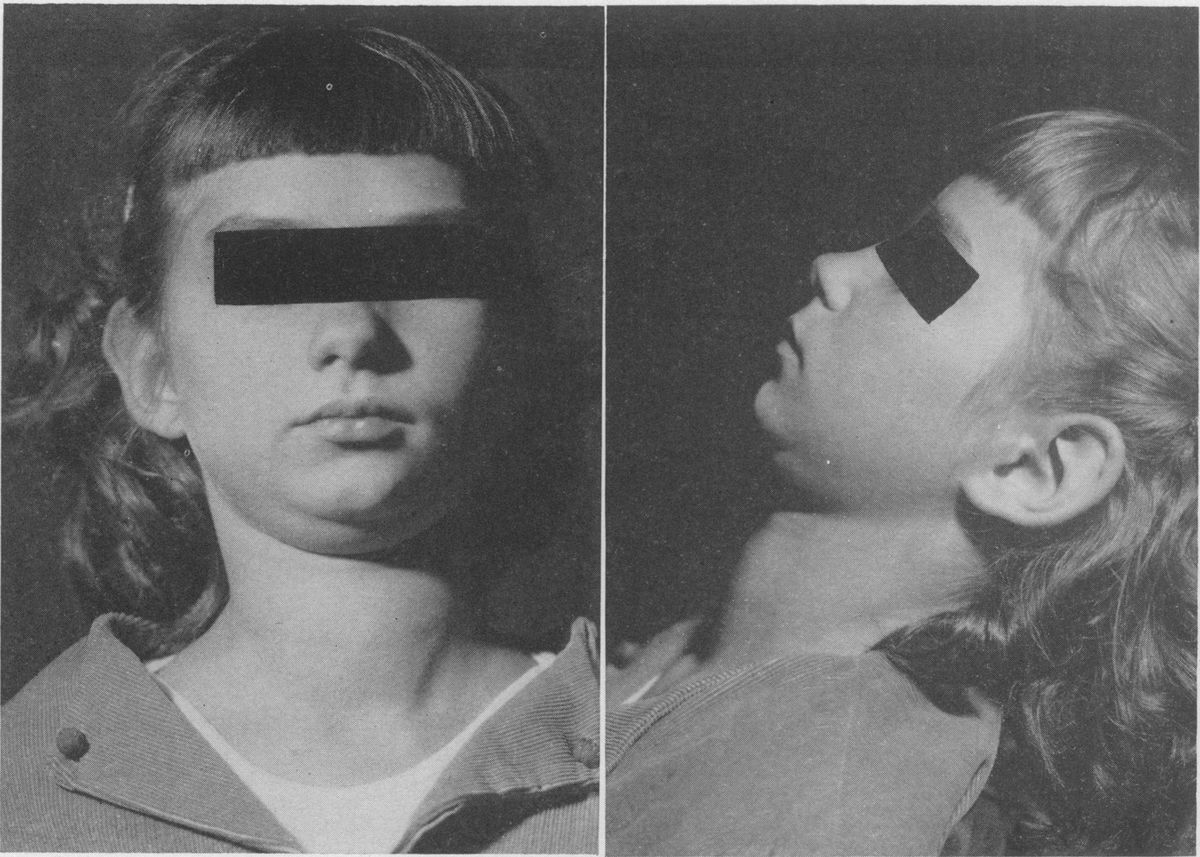
Hashimoto Struma, also known as Hashimoto’s thyroiditis, is an autoimmune disorder where the immune system attacks the thyroid gland. This condition often leads to hypothyroidism, a state where the thyroid doesn’t produce enough hormones. Hashimoto Struma is the most common cause of hypothyroidism in the United States. Symptoms can include fatigue, weight gain, cold intolerance, and depression. The condition is named after Dr. Hakaru Hashimoto, who first described it in 1912. While it affects both men and women, it is more prevalent in women, especially those aged 30 to 50. Understanding Hashimoto Struma is crucial for managing its symptoms and maintaining a healthy lifestyle.
Key Takeaways:
- Hashimoto Struma is an autoimmune disorder that affects the thyroid gland, leading to symptoms like fatigue, weight gain, and dry skin. It’s more common in women and can be managed with medication and lifestyle adjustments.
- If you have Hashimoto Struma, it’s important to stay on top of your medication, attend regular check-ups, and seek support from others. Lifestyle changes like a healthy diet, exercise, and stress management can also help manage the condition.
What is Hashimoto Struma?
Hashimoto Struma, also known as Hashimoto’s thyroiditis, is an autoimmune disorder affecting the thyroid gland. This condition leads to inflammation and often results in an underactive thyroid, or hypothyroidism. Here are some intriguing facts about Hashimoto Struma.
- Named After Hakaru Hashimoto: The condition was first described by Japanese physician Hakaru Hashimoto in 1912.
- Autoimmune Disorder: Hashimoto Struma is an autoimmune disease where the immune system mistakenly attacks the thyroid gland.
- Common in Women: Women are more likely to develop Hashimoto Struma than men, with a ratio of about 8:1.
- Genetic Links: Family history plays a significant role. If a close relative has the condition, the risk increases.
- Slow Progression: The disease often progresses slowly over years, leading to chronic thyroid damage.
Symptoms of Hashimoto Struma
Recognizing the symptoms early can help manage the condition better. Here are some common signs to watch for.
- Fatigue: One of the most common symptoms is persistent tiredness.
- Weight Gain: Unexplained weight gain can be a sign, even with no change in diet or exercise.
- Cold Intolerance: People with Hashimoto Struma often feel unusually cold.
- Dry Skin: The condition can cause skin to become dry and rough.
- Hair Loss: Thinning hair or hair loss is another symptom.
Diagnosis and Testing
Proper diagnosis is crucial for effective treatment. Here’s how doctors identify Hashimoto Struma.
- Blood Tests: Blood tests measuring thyroid hormone levels and thyroid-stimulating hormone (TSH) are essential.
- Antibody Tests: Tests for thyroid peroxidase (TPO) antibodies help confirm the diagnosis.
- Ultrasound: Thyroid ultrasound can detect inflammation and other abnormalities.
- Physical Exam: Doctors often perform a physical exam to check for thyroid enlargement.
- Family History: Discussing family medical history can provide important clues.
Treatment Options
Managing Hashimoto Struma involves various treatment strategies. Here are some common approaches.
- Levothyroxine: Synthetic thyroid hormone replacement is the standard treatment.
- Regular Monitoring: Regular blood tests ensure hormone levels remain balanced.
- Dietary Changes: Some patients benefit from dietary adjustments, like reducing gluten intake.
- Stress Management: Managing stress can help control symptoms.
- Exercise: Regular physical activity supports overall health and well-being.
Complications of Hashimoto Struma
If left untreated, Hashimoto Struma can lead to several complications. Awareness is key to prevention.
- Goiter: Chronic inflammation can cause the thyroid to enlarge, forming a goiter.
- Heart Problems: Hypothyroidism can lead to an increased risk of heart disease.
- Mental Health Issues: Depression and other mental health issues are common.
- Myxedema: Severe, untreated hypothyroidism can lead to myxedema, a life-threatening condition.
- Birth Defects: Pregnant women with untreated hypothyroidism risk giving birth to babies with developmental issues.
Interesting Facts About Hashimoto Struma
Here are some lesser-known facts that might surprise you.
- First Autoimmune Disease Identified: Hashimoto Struma was the first autoimmune disease ever identified.
- Common Cause of Hypothyroidism: It is the most common cause of hypothyroidism in the United States.
- Environmental Triggers: Factors like stress, infection, and iodine intake can trigger the condition.
- Not Always Symptomatic: Some people with Hashimoto Struma may not show symptoms for years.
- Link to Other Autoimmune Diseases: People with Hashimoto Struma are at higher risk for other autoimmune diseases, like lupus or rheumatoid arthritis.
Living with Hashimoto Struma
Living with this condition requires lifestyle adjustments and ongoing management. Here’s what you need to know.
- Medication Adherence: Taking medication as prescribed is crucial for managing symptoms.
- Regular Check-Ups: Frequent visits to the doctor help monitor the condition.
- Support Groups: Joining support groups can provide emotional support and practical advice.
- Educating Yourself: Learning about the condition empowers patients to manage it better.
- Healthy Lifestyle: Maintaining a healthy diet, exercising regularly, and managing stress are essential for overall well-being.
Final Thoughts on Hashimoto Struma
Hashimoto Struma, also known as Hashimoto’s thyroiditis, is a common autoimmune disorder affecting the thyroid gland. Understanding its symptoms, causes, and treatments can help manage the condition effectively. Symptoms like fatigue, weight gain, and depression often signal the need for medical attention. Early diagnosis through blood tests and imaging can lead to better outcomes. Treatments typically involve hormone replacement therapy and lifestyle changes, such as a balanced diet and regular exercise. Awareness and education about Hashimoto Struma are crucial for those affected and their loved ones. By staying informed and proactive, individuals can lead healthier lives despite the challenges posed by this condition. Remember, consulting healthcare professionals for personalized advice is always the best approach. Stay vigilant, stay healthy.
Frequently Asked Questions
Was this page helpful?
Our commitment to delivering trustworthy and engaging content is at the heart of what we do. Each fact on our site is contributed by real users like you, bringing a wealth of diverse insights and information. To ensure the highest standards of accuracy and reliability, our dedicated editors meticulously review each submission. This process guarantees that the facts we share are not only fascinating but also credible. Trust in our commitment to quality and authenticity as you explore and learn with us.


